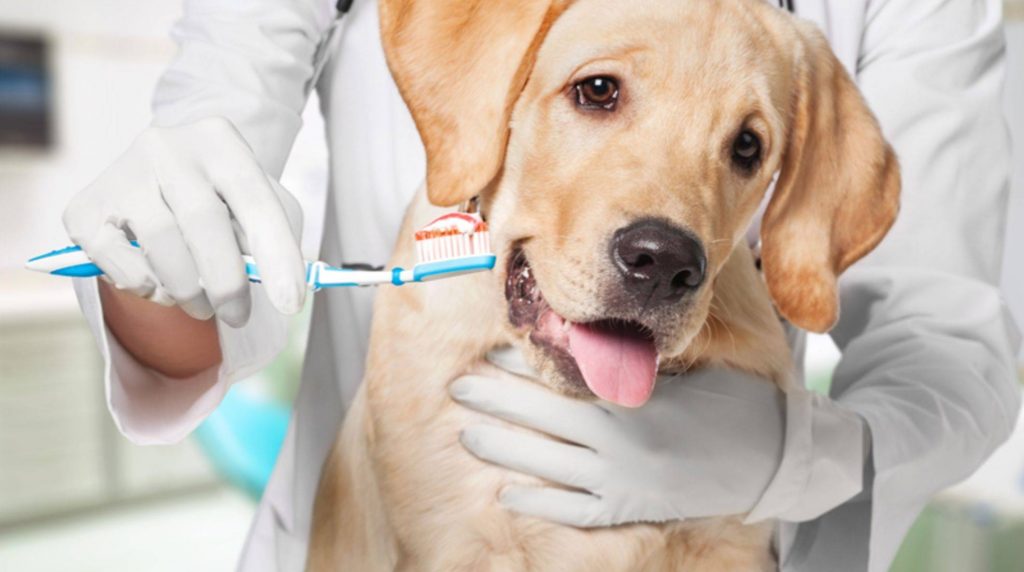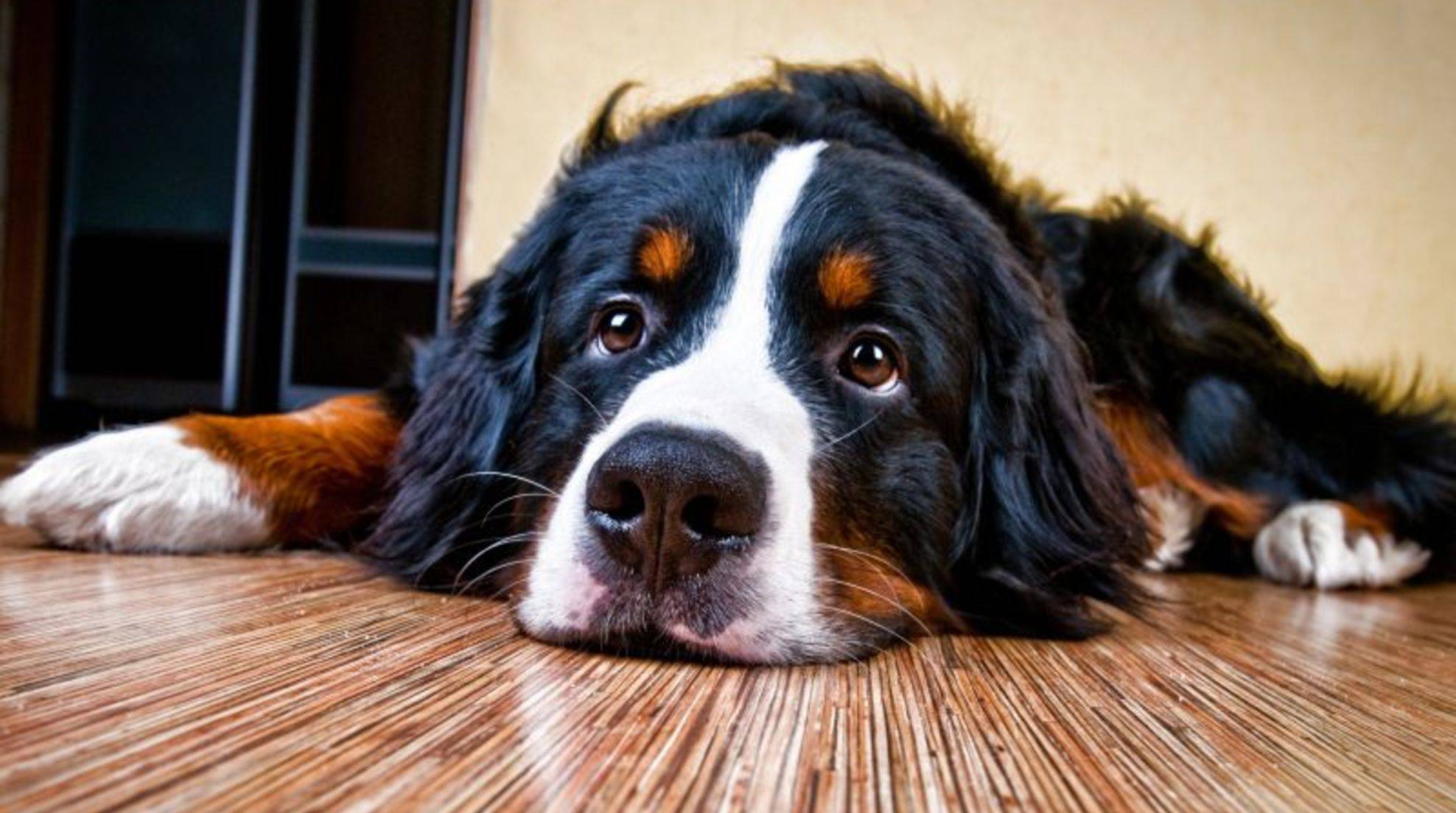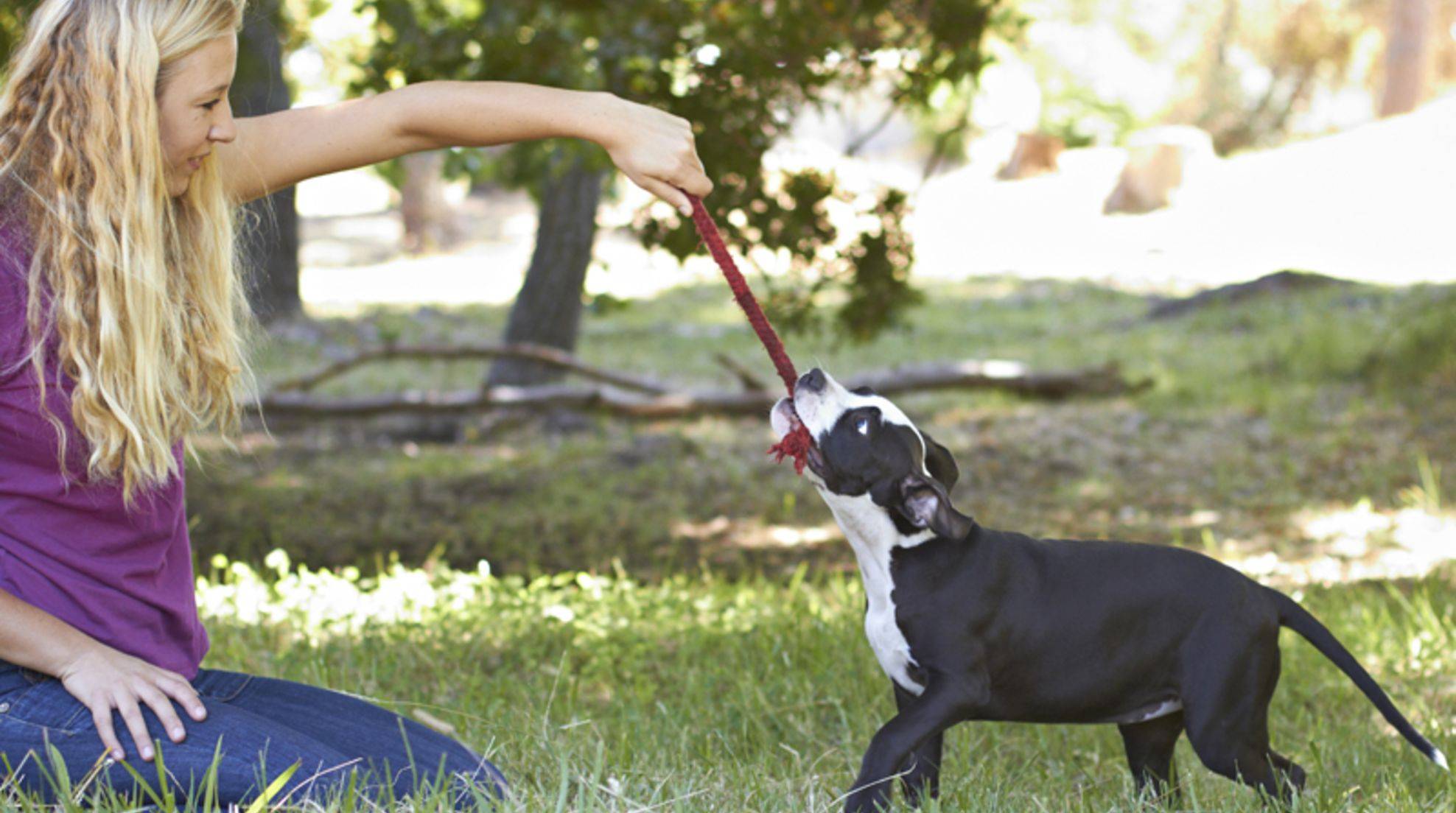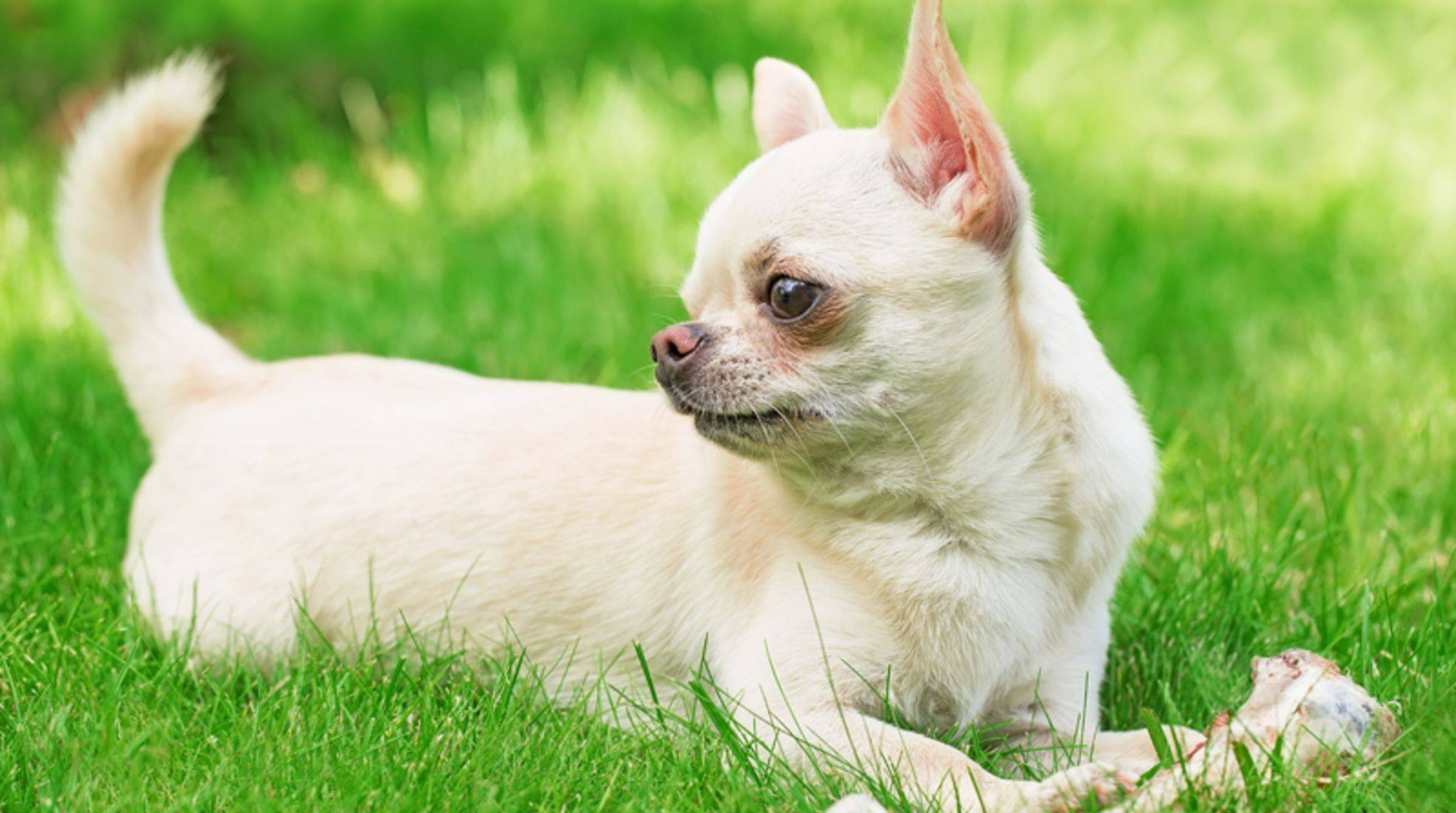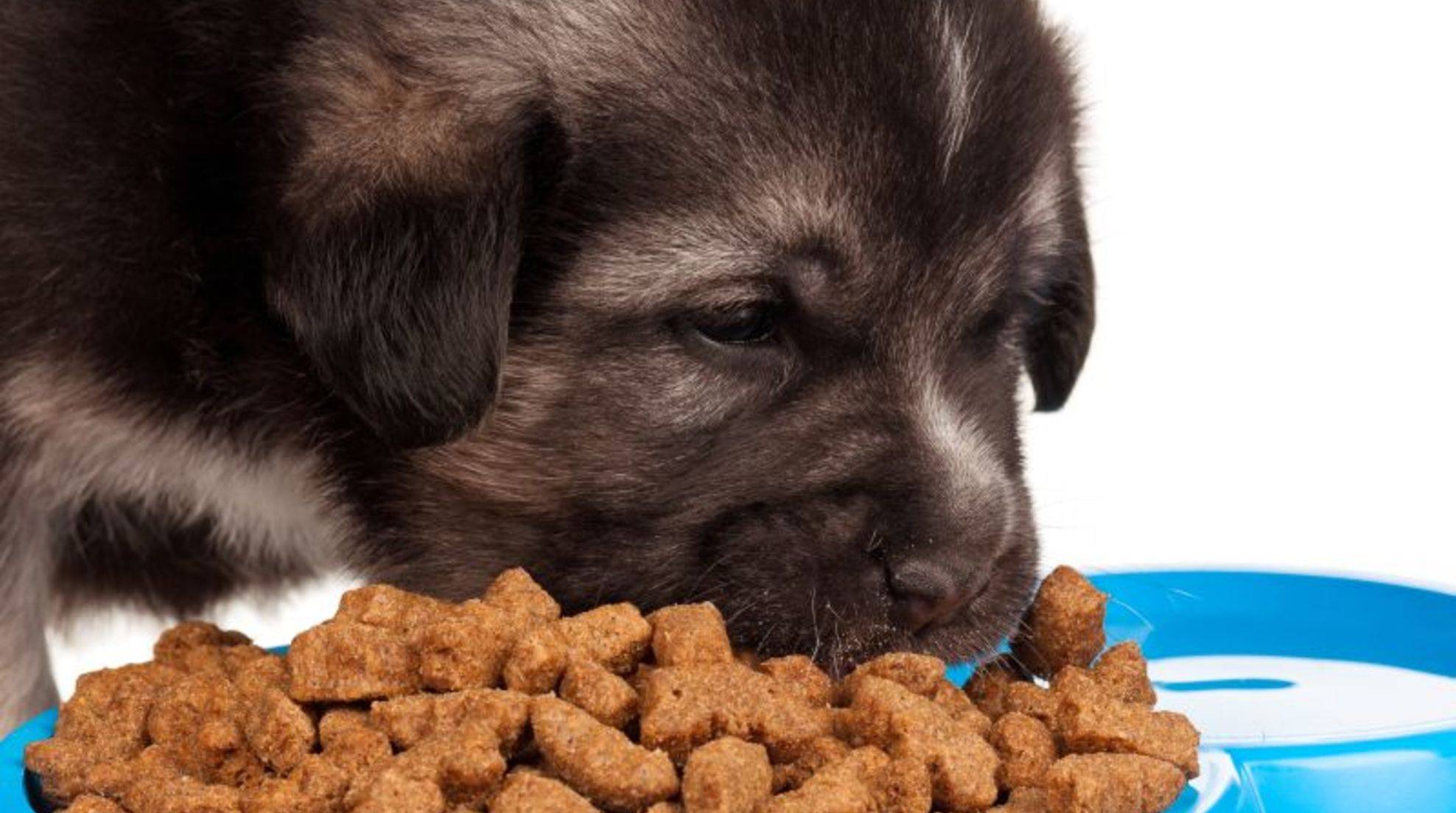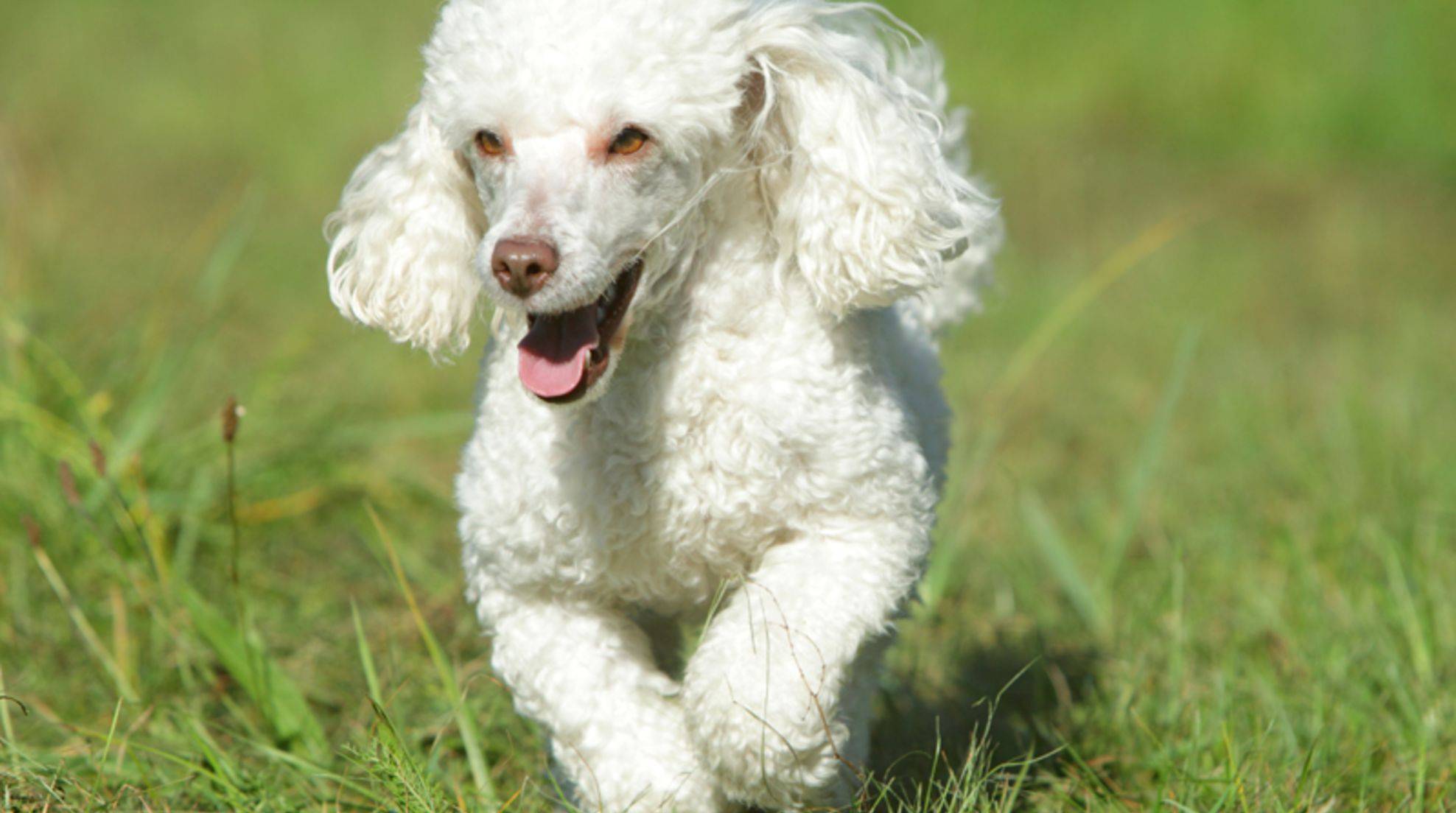Dental care for dogs: How to keep teeth healthy
Healthy teeth are also vital for four-legged friends. Dental care for dogs is therefore essential. Because the teeth are not only necessary for eating, they also serve as a weapon, hunting tool, and to scare off enemies. If dental care is neglected in dogs, this can lead to severe illnesses.
Humans and dogs need dental care; otherwise, periodontitis, gingivitis, and caries are imminent. The following tips show how to brush your dog’s teeth and support his dental health.
Dental care in dogs: that’s why it’s so important
Healthy teeth are essential for eating. If the four-legged friend’s teeth are no longer intact, this brings several other problems. On the one hand, the dog’s body does not obtain sufficient nutrients from unchewed food, and on the other hand, the large chunks of food can promote diseases of the gastrointestinal tract. Furthermore, if dental conditions are not recognized and treated, the teeth can fall out or develop dangerous infections.
Signs of unhealthy teeth in dogs
Let your four-legged friend “show you his teeth” regularly. Look for visual signs of unhealthy teeth such as:
● Yellowish-brownish deposits.
● Bright red gums
● Bleeding gums
● Excessive saliva production
Altered eating behavior or bad-smelling breath also indicate progressive disease of the dentition.
Tips for dental care in dogs: How to keep teeth healthy
Already in puppyhood, dogs should be playfully accustomed to dental care to become pure routine in adulthood. Dental care for dogs can be done with a toothbrush and toothpaste, like for yourself. It is best to ask your veterinarian to show you how to brush your animal companion’s teeth.
Special toothbrushes in various sizes and shapes (including finger toothbrushes) and toothpaste suitable for dogs are available in specialist shops. Another tip: toothpaste for dogs is also offered in different flavors. How about chicken or fish? Then dental care is certainly much more fun for your four-legged friend.
Support dental care in dogs with the proper diet
Dental plaque and tartar as precursors to caries and periodontitis can be partially prevented with the proper diet. In the case of industrially produced complete feeds, you must look very carefully at the list of ingredients if the ingredients include “sugar,” “molasses,” or “glucose syrup” – hands-off! Dogs don’t need sugar and the like at all, and it’s poison for their dental health.
You are on the safe side if you barf your dog. In the beginning, you should consult your veterinarian to find out which nutrients your four-legged friend needs and in what composition and to inform yourself comprehensively – then you can optimally adjust his diet to his needs with raw meat and suitable additives. By tearing the pieces of meat with the teeth, they are already pre-cleaned so that plaques are not so quickly deposited. Especially for young dogs in the change of teeth, other chewing toys or special chew sticks can be helpful. This massage the gums and can also prevent plaque.

